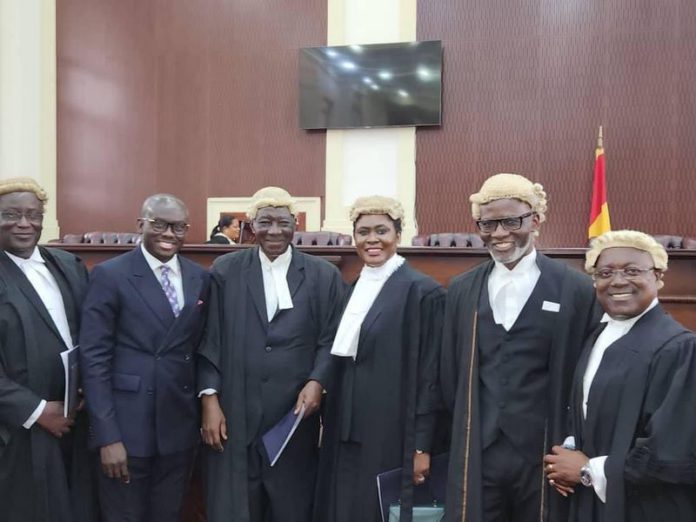
Commissioner of Police (retired), Kofi Boakye, Gabby Asare Otchere Darko and 90 others have been sworn in as a Notaries Public of the Supreme Court of Ghana.
A notary public is a public officer appointed by law to serve the public in simple matters usually concerned with estates, deeds, powers of attorney, and foreign and international business.
And that person is usually an official of integrity who is appointed by the state – to serve the public as an impartial witness in performing a variety of official fraud-deterrent acts related to the signing of important documents.
Kofi Boakye, a lawyer and retired police commissioner was sworn in on Monday as a notary public together with the others.
Under Act 26 only a lawyer of high moral character, proven integrity, who is 10 years’ at the Bar can be appointed as a Notary Public.
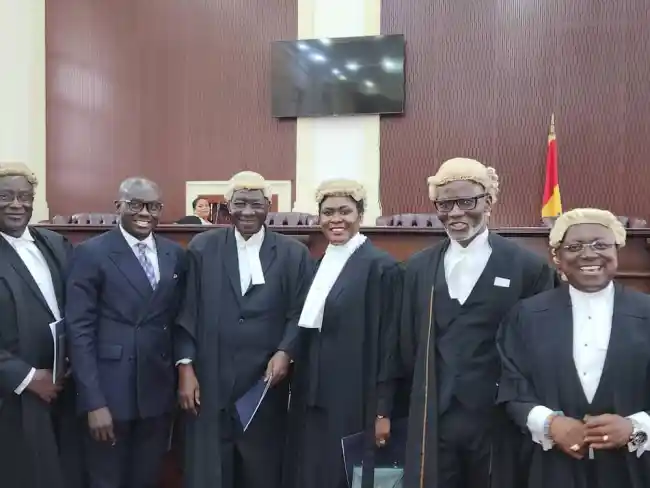
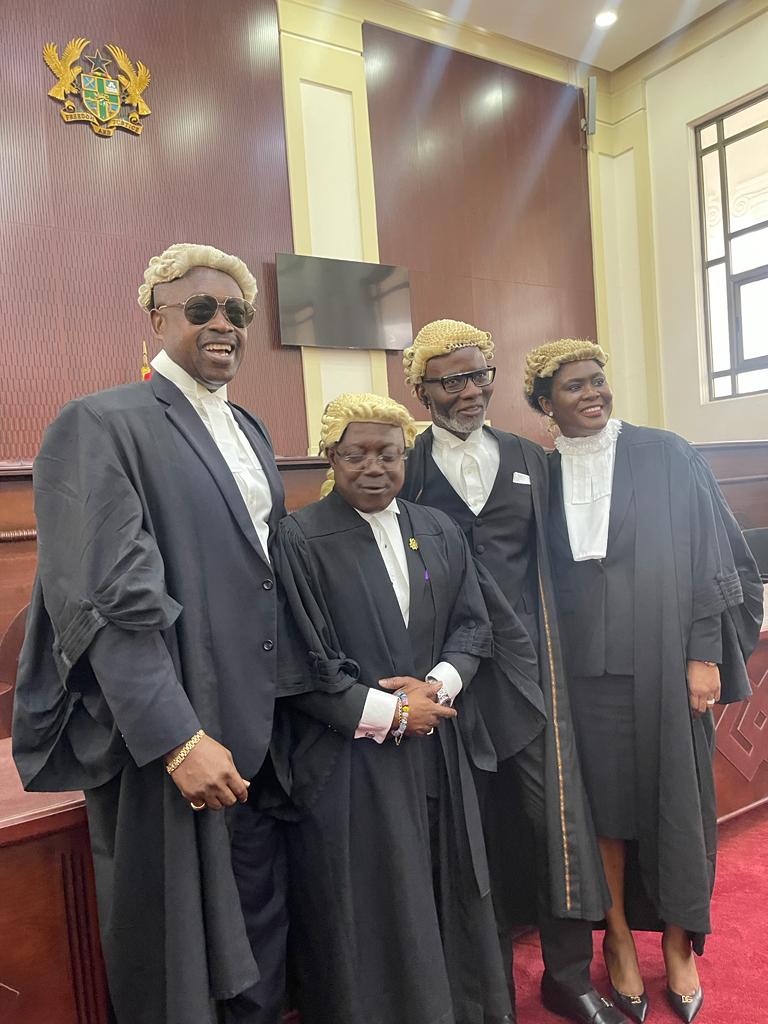
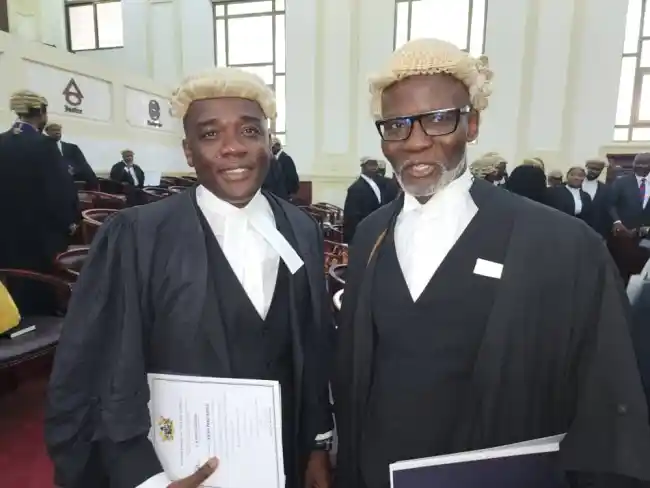
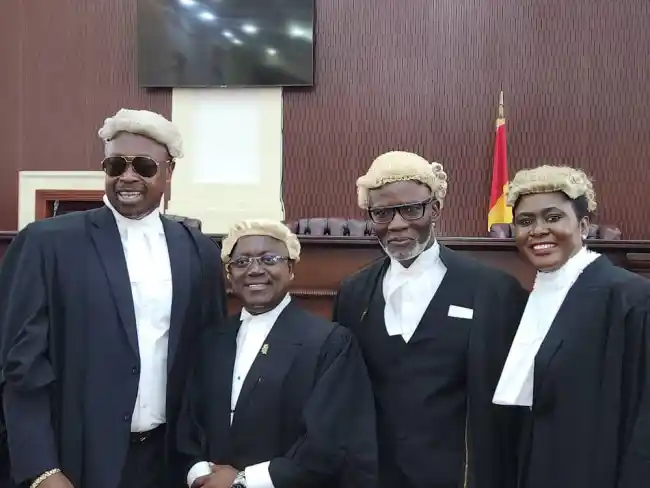
The 92 lawyers who have more than 10 years’ experience at the Bar have been duly cleared of any ethical infractions by the Ghana Bar Association (GBA) and the General Legal Council (GLC) and they are therefore fit to perform the functions of a notary.
The Chief Justice, Justice Kwasi Anin Yeboah charged the newly appointed notaries public to use their position to perform their duties with diligence and care, in compliance with the Notaries Act.
He further entreated them to apply their years of experience at the Bar to their new role as notaries public to execute their duties faithfully and in accordance with the act.
Important function
The Attorney-General and Minister of Justice, Godfred Yeboah Dame in a brief address before the Chief Justice administered the oath observed that the functions of a Notary Public which are clearly spelt out in law makes them an important component in the justice delivery system
According to the A-G, a notary public is an officer of the law whose public office and duty it is to draw, attest or certify under his or her official seal, deeds and other documents, including wills or other testamentary documents, conveyances of real and personal property, powers of attorney, licences, contracts, loan documents and trusts”.


![Police to cater for funeral of officer killed at checkpoint [Video]](https://www.adomonline.com/wp-content/uploads/2022/02/sddefault-218x150.jpg)

![Kofi Boakye holds star-studded 58th birthday party [Photo+Video]](https://www.adomonline.com/wp-content/uploads/2021/04/Kofi-Boakye-and-Boakye-Agyarko1-218x150.jpg)

